
April 18th, 2025

China has been routing for the globalization of the Chinese yuan as a settlement and the reserve currency, eventually overthrowing the American dollar.

The PayPal Vice President assured that crypto investors will have the possibility to make their withdrawals using third-party wallets. The PayPal executive also sounded optimistic about CBDC roll-outs worldwide.

Back in February, the BOK published a CBDC affiliated book, speaking on plans to test the distribution of a digital currency and detailing the legal challenges involved with a state digital currency.
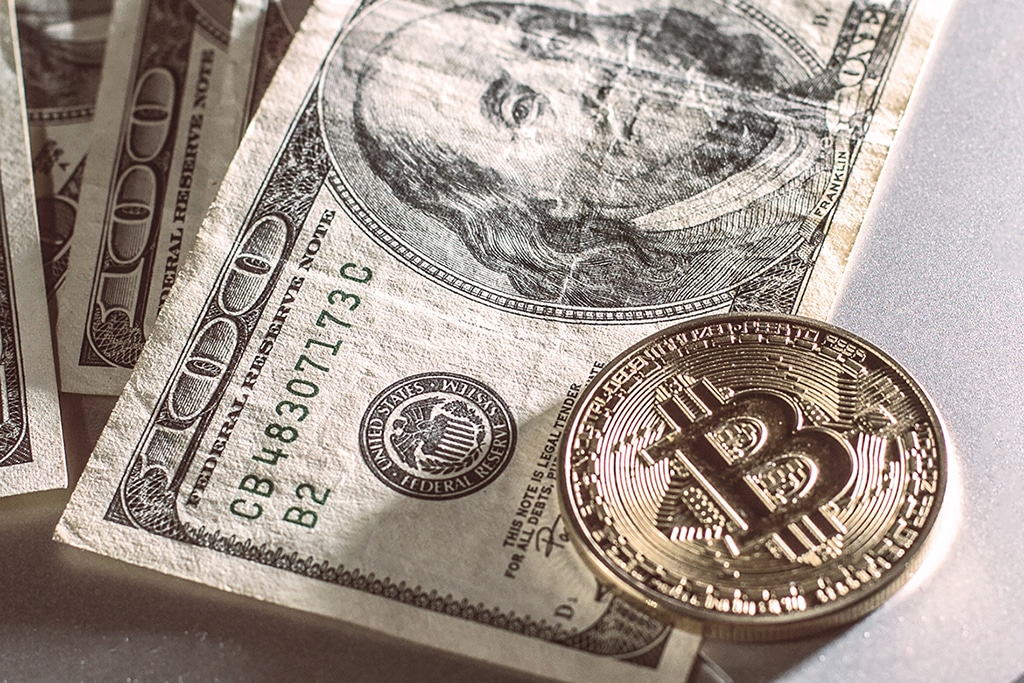
A report by Bison Trails reveals that 80% of Central Banks are exploring CBDC use.
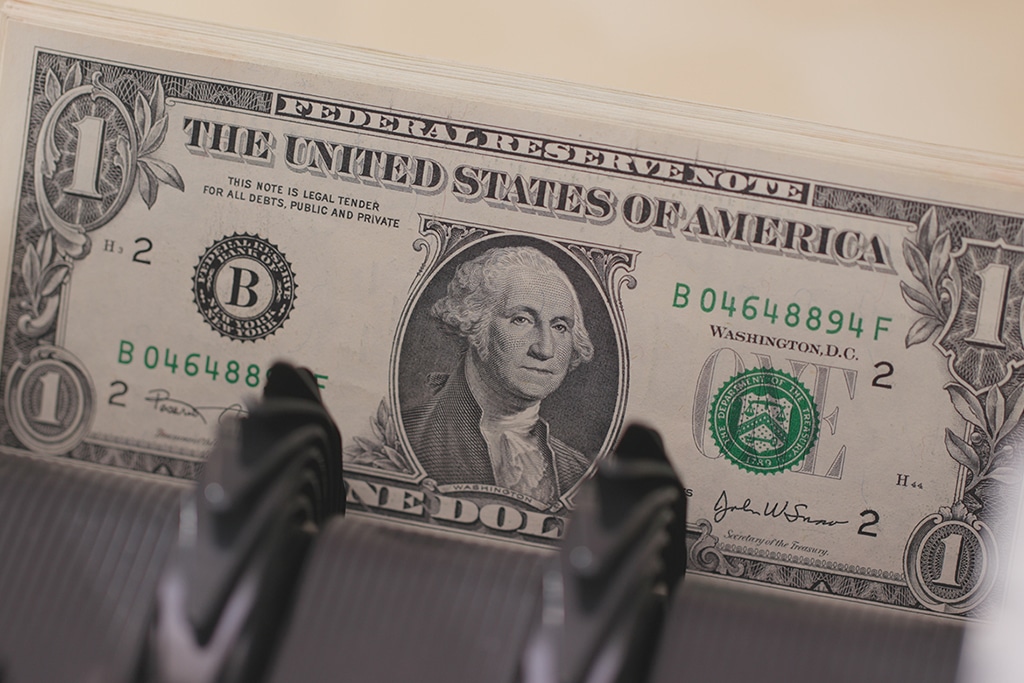
The US Federal Reserve is handling the CBDCs carefully, working with the Massachusetts Institute of Technology (MIT) to achieve the best digital dollar result ever wanted.

The central banks of China, Hong Kong, Thailand and the UAE have also joined forces to create their own digital currency initiative.

During the earnings call, Al Kelly firmly reiterated and outlined Visa’s plans, stating that the credit card company has been looking into Bitcoin-related services.

Apart from JD.com, Chinese video-sharing website BiliBili and transport company Didi have also started working with digital yuan.
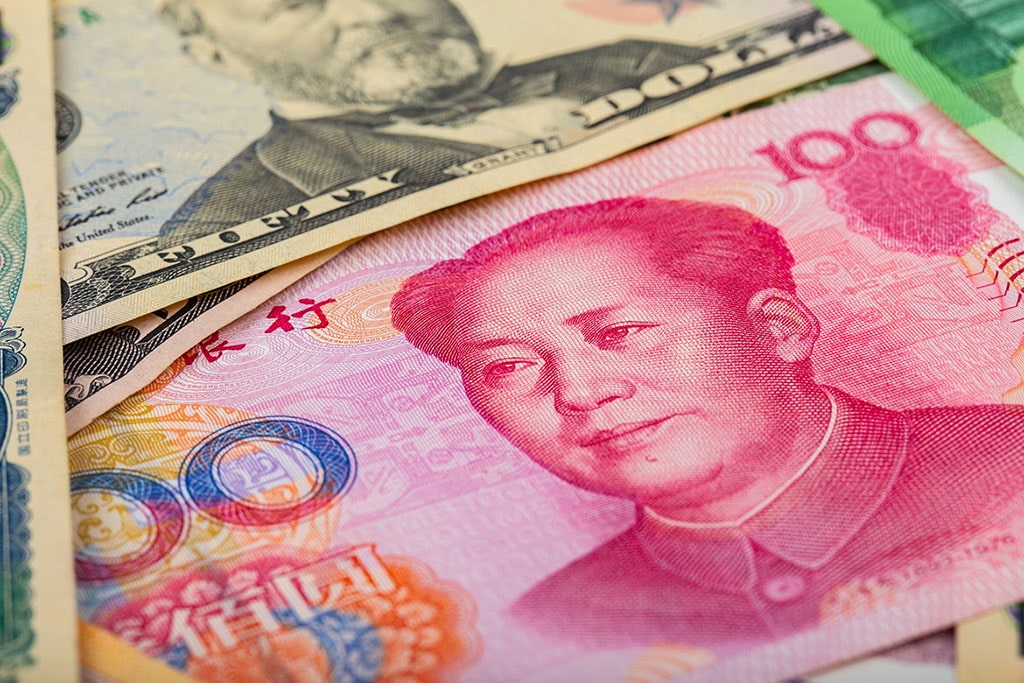
While China has not yet announced when it wants to officially launch the e-CNY nationwide, it is set to continue the pilot tests during the 2022 Beijing Winter Olympics.

PwC noted the Bahamas as a leader in the CBDC race in its recently published 1st edition of “PwC CBDC global index.”

The CBDC Taskforce has four primary functions which revolve around coordinating the exploration of the objectives, use cases, opportunities, and risks of a potential UK CBDC, guiding the evaluation of the design features and others.

The potential launch of a CBDC following the developmental work being carried out by the Riksbank may not be feasible under current banking laws.
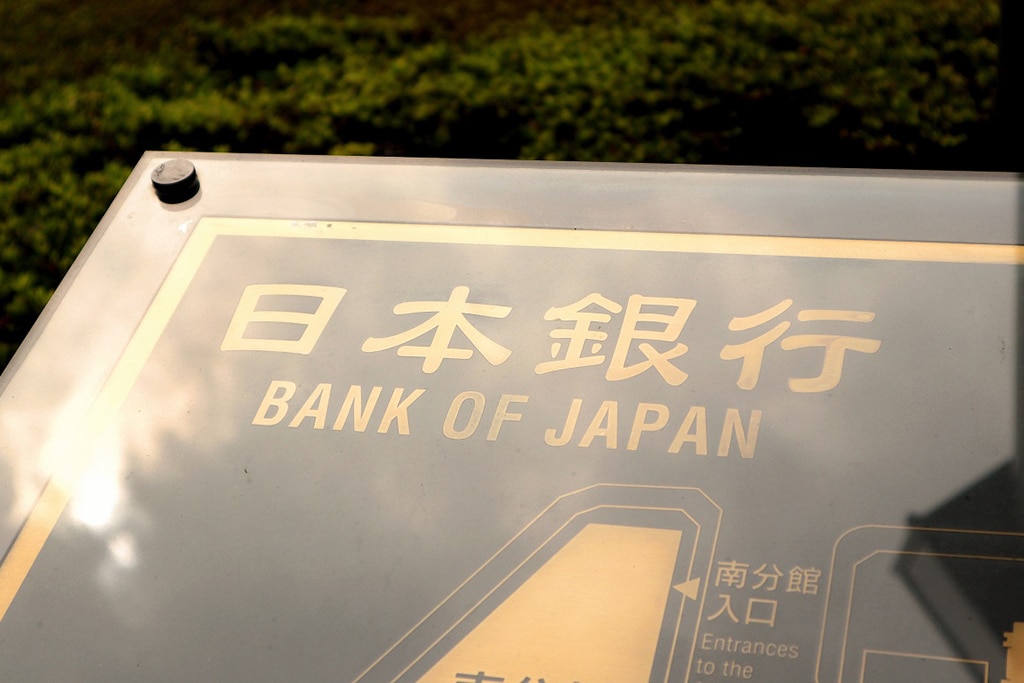
The Central Bank of Japan has confirmed the phase 1 testing of its CBDC. This will see the Bank experiment with the environment and basic functions of the CBDC.
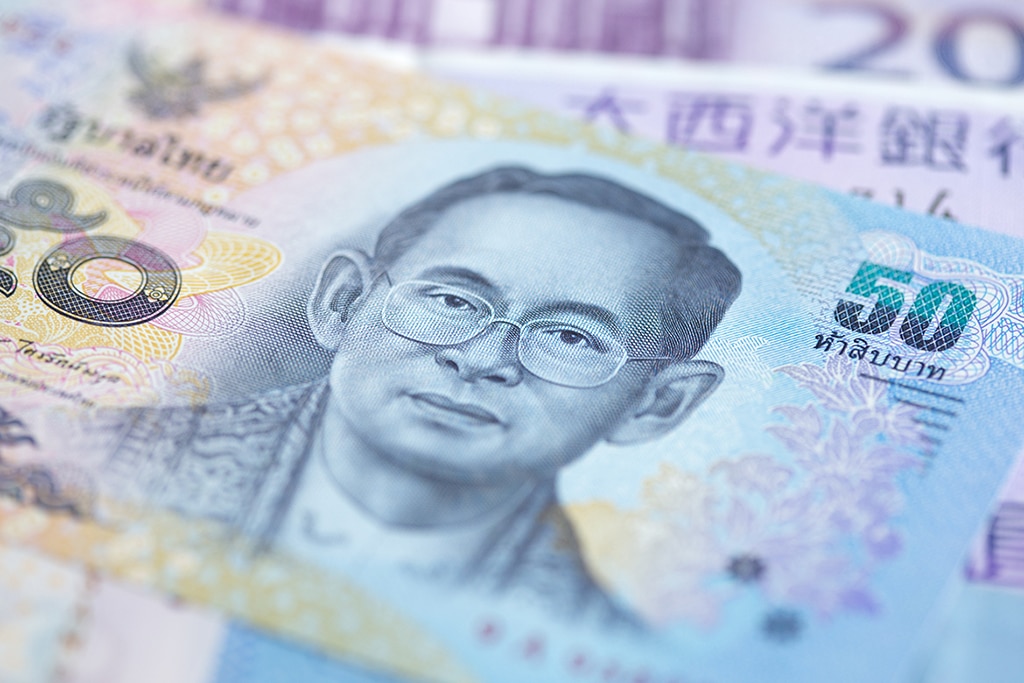
The Bank of Thailand has a harsh stance against the use of stablecoins in the country, and in March, the monetary authority issued a stern warning that it will begin penalizing the usage of any Thai Baht-backed stablecoins.

While a defined date of the digital yuan launch has not been revealed, the current stride of opening up the wallet application to the public is a step closer to achieving the country’s CBDC dreams.